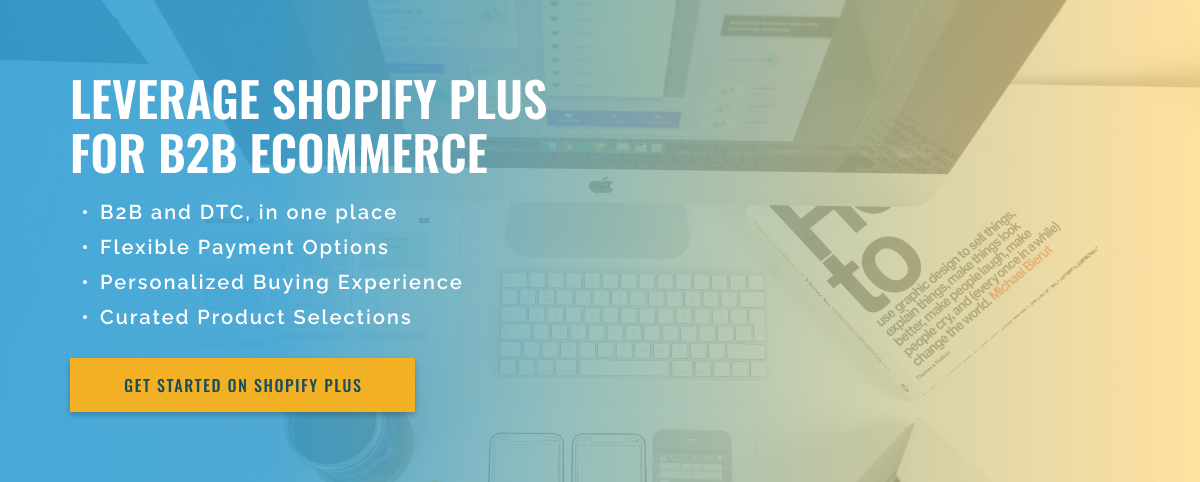3 minute read
Maximizing Sales: Best Practices for B2B Ecommerce on Shopify
Ecommerce has become an integral part of business. And not just for B2C companies, but for B2B companies as well. B2B eCommerce websites are becoming increasingly popular as they provide a convenient platform for businesses to buy and sell products and services online. And when it comes to B2B eCommerce, Shopify is one of the leading platforms that businesses use to build their online presence.
In this blog, we discuss the best practices for B2B eCommerce website development with Shopify.
1. Personalize your website
One of the most important aspects of B2B eCommerce is building strong relationships with customers. And personalization plays a crucial role in creating this connection. Shopify makes it easy for businesses to customize their website to reflect their brand identity, audience, and product offering. This not only improves the user experience but also creates a personalized touch that can help businesses stand out from their competitors.
2. Create a user-friendly interface
B2B eCommerce website development with Shopify should prioritize a user-friendly interface. This means a clear layout, easy navigation, and an efficient search function. Since B2B businesses typically manage a large number of products and orders, a user-friendly interface helps customers find what they’re looking for quickly and easily.
3. Implement a secure payment gateway
B2B transactions often involve large amounts of money, and security is a top priority for businesses. Shopify offers multiple payment options that are secure and reliable, giving customers the confidence to make purchases without hesitation.
4. Use Shopify apps
One of the key benefits of using Shopify for B2B eCommerce website development is its wide range of apps. These apps can help businesses streamline their operations, manage inventory, and give customers a better shopping experience. From accounting to customer service to marketing, Shopify apps cover every aspect of a B2B business.
5. Integration with CRM Software
Customer relationship management (CRM) is crucial for B2B businesses to maintain strong relationships with their customers. Shopify makes it easy for businesses to integrate their website with CRM software so they can track and manage customer data and interactions.
6. Mobile-Friendly
In today’s mobile world, having a mobile-friendly website is essential. Shopify offers responsive website designs that adapt to different devices, creating a seamless browsing experience for customers.
Final Words
B2B eCommerce website development with Shopify includes customization, usability, security, and app usage.

